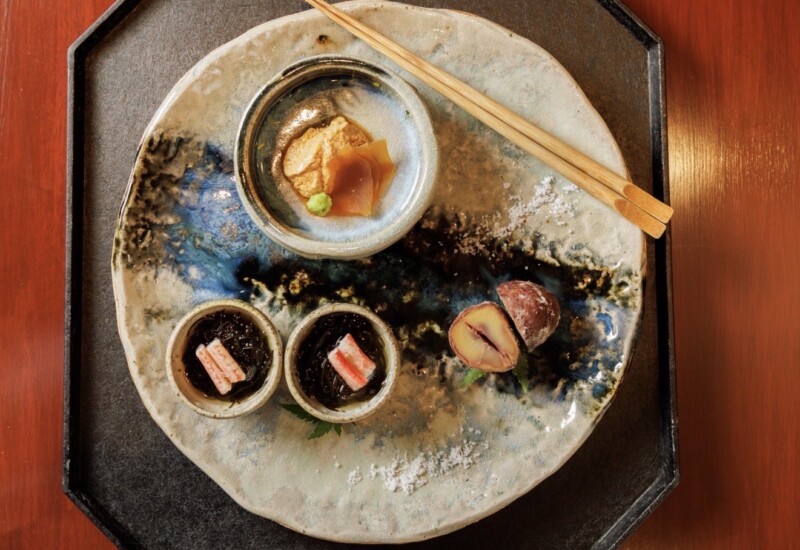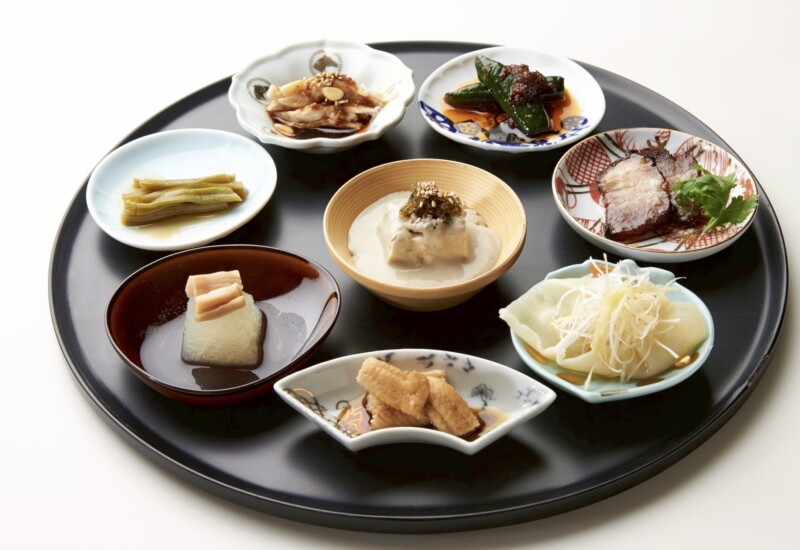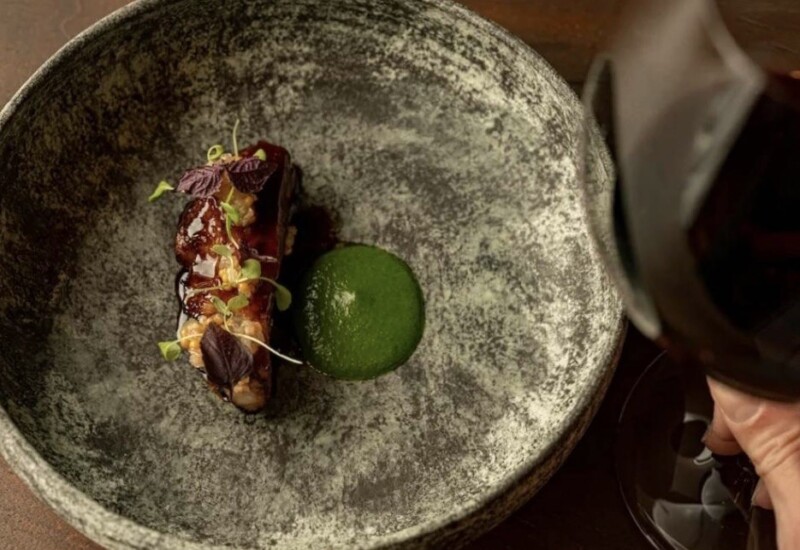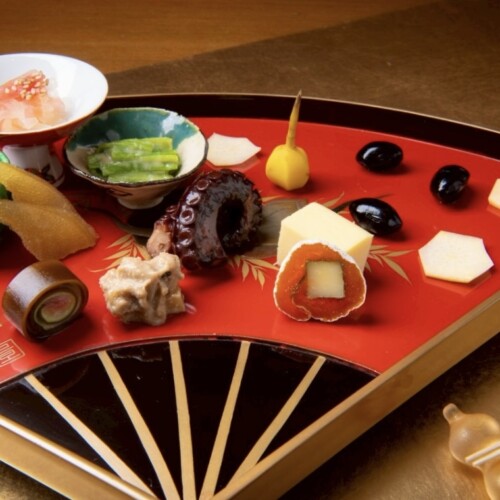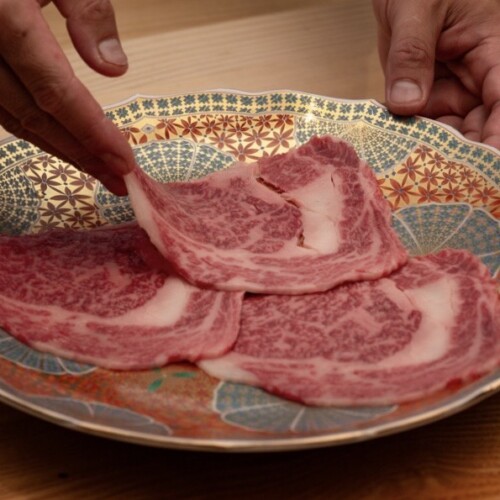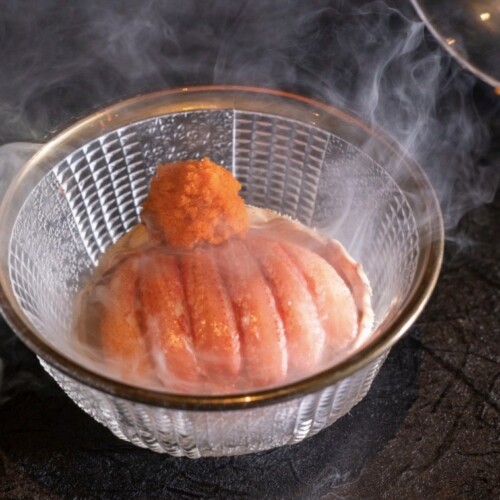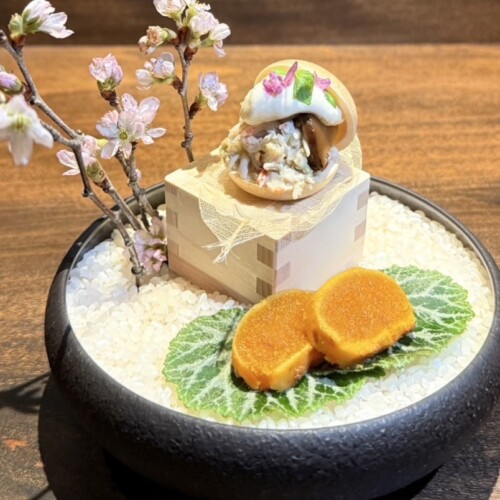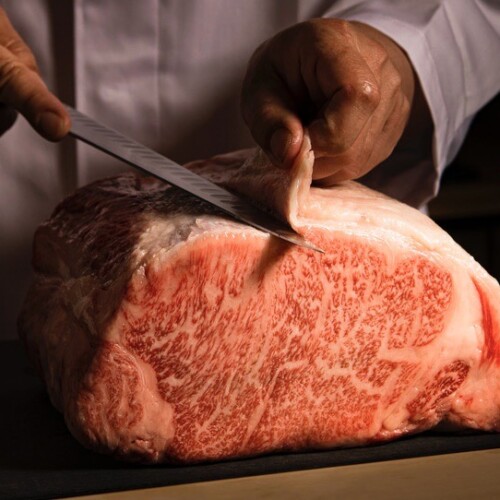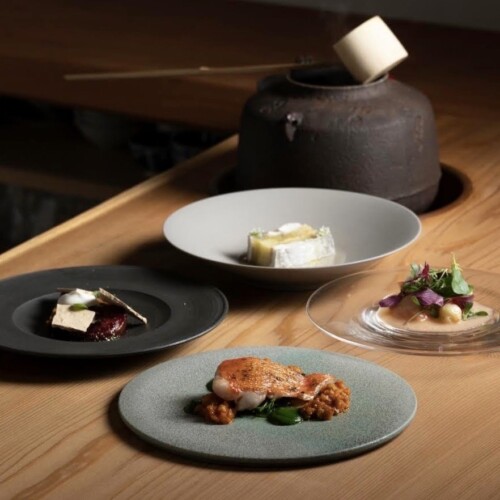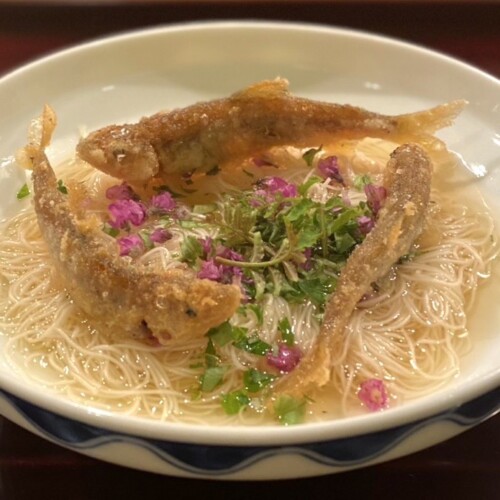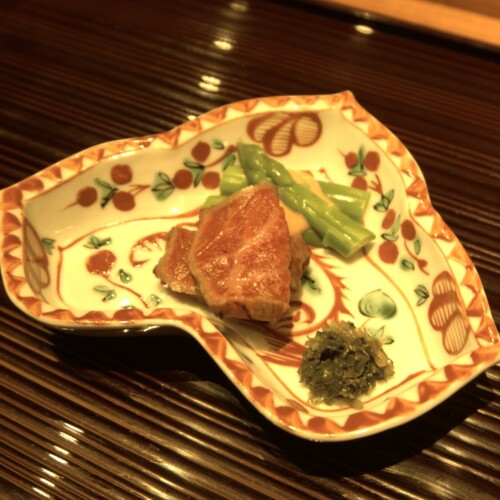福田家 / Fukudaya
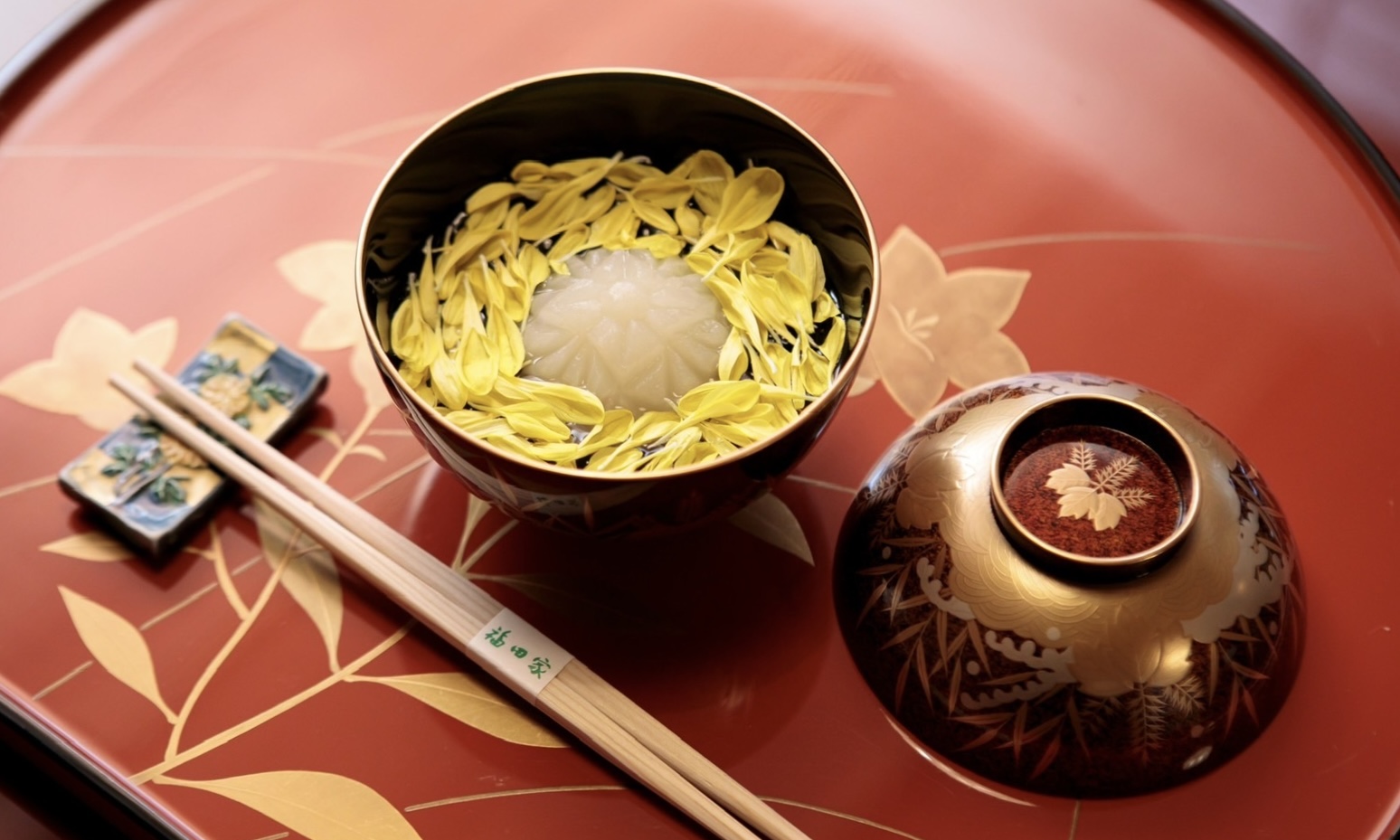
①Please introduce your restaurant.
I’m Shunichi Matsushita, the head chef at Kioicho Fukudaya.
Our story began in 1939 when we first opened our doors in Toranomon, under the creative direction of the legendary Rosanjin Kitaoji.
Back then, we welcomed many distinguished guests from political, business, and cultural circles.
Sadly, the restaurant was destroyed during the war in 1945.
We later relocated to Kioicho, where we continue to carry on our traditions today.
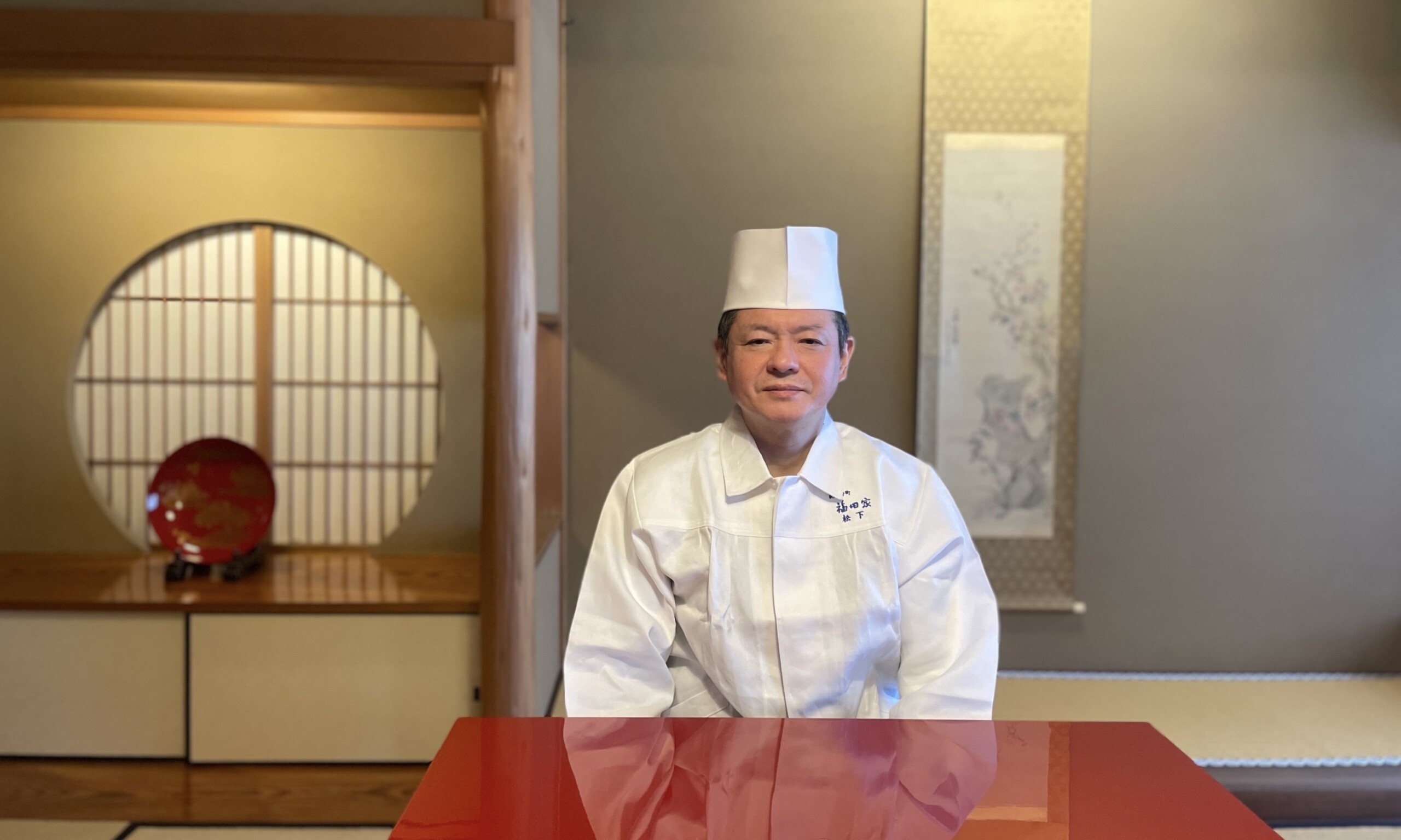
②What values or principles are most important to you as a restaurant?
As a traditional Japanese restaurant, we place the highest importance on using seasonal ingredients.
Rosanjin Kitaoji taught us that 70 to 80 percent of a dish’s flavor depends on the quality of its ingredients.
That belief has guided us ever since.
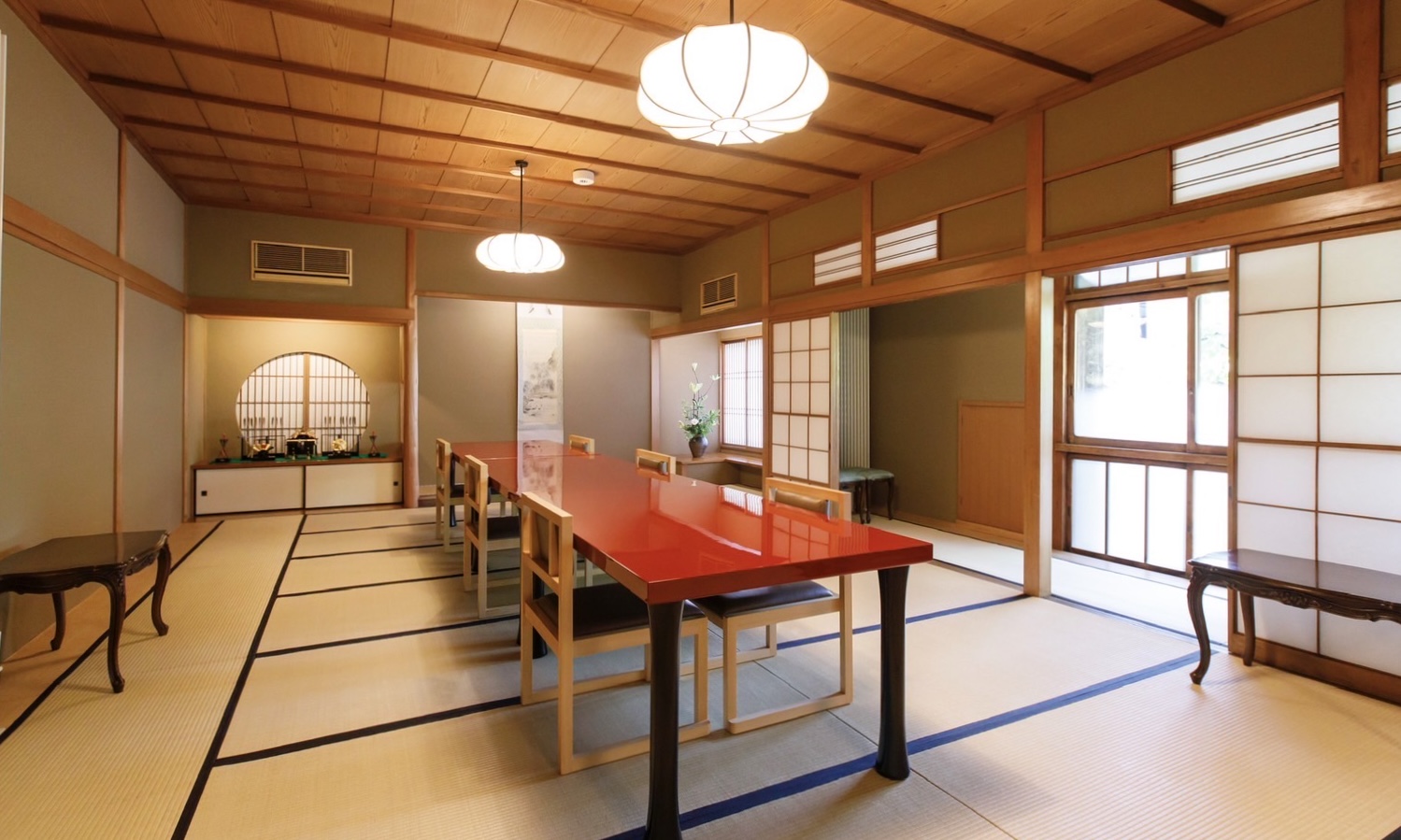
③ How do you select your ingredients, and what do you prioritize when sourcing them?
Since no one person can know everything, I make it a point to listen to producers from all over Japan.
By gathering insights and staying connected through a network of trusted sources, I’m always up to date with what’s in season and at its best.
I also travel to meet producers in person—it’s important to build face-to-face relationships. When there’s trust, they often share their finest ingredients with us.
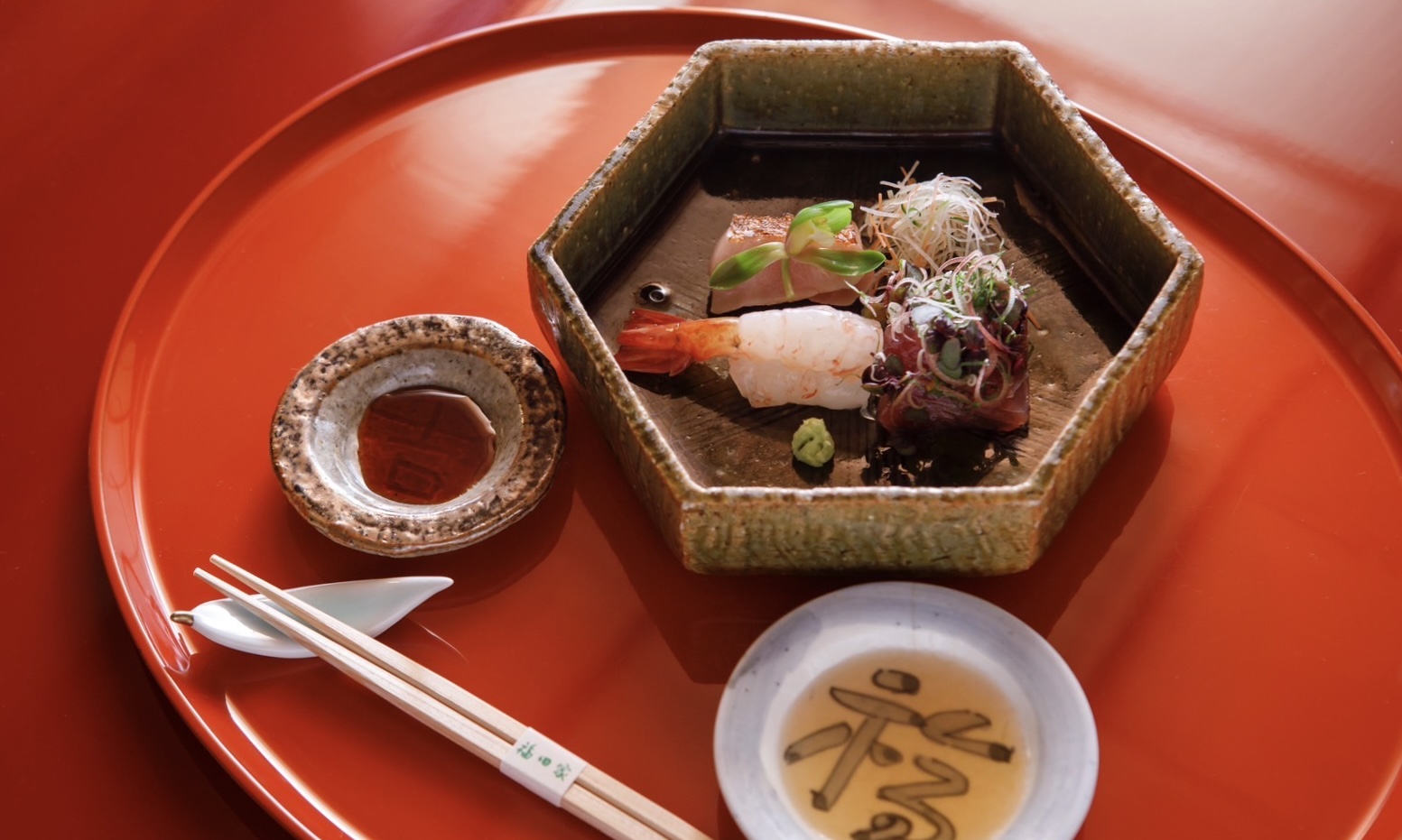
④ What makes your restaurant unique compared to others?
I often get asked what sets us apart, but to be honest, it’s hard to say—because I don’t know every other restaurant.
I imagine most chefs feel the same way. At the end of the day, our goal is simple: to make our guests happy and create an experience they’ll want to return for.
I think that’s what we all strive for.
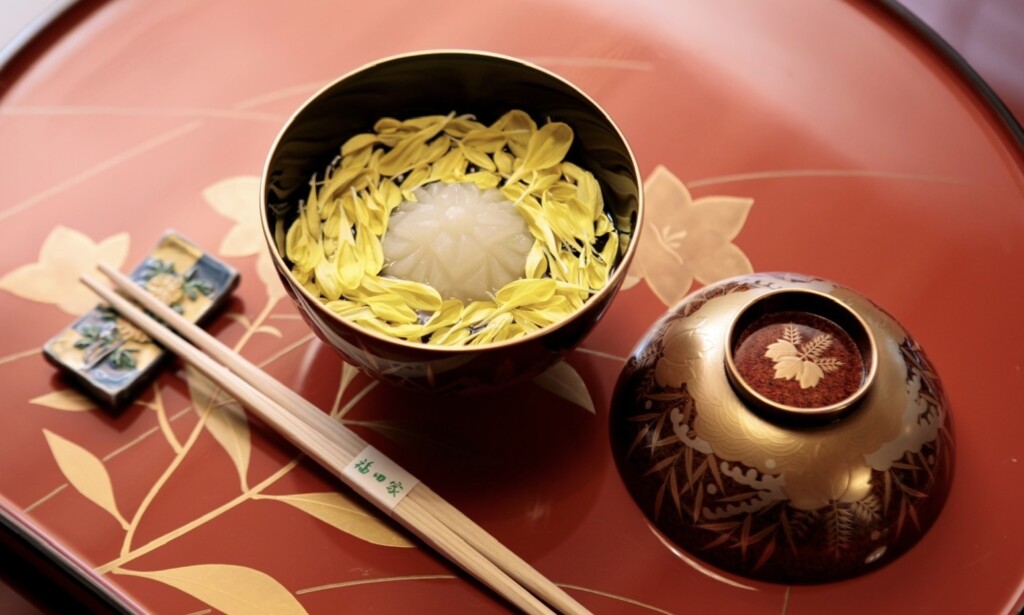
⑤Do you have any particular approach or philosophy when it comes to plating and presentation?
Having been in operation for over 80 years, we use many historical dishes and serving pieces.
We don’t use works by contemporary artists—our plating style reflects the aesthetic of artisans from our founding era, with a strong sense of tradition.
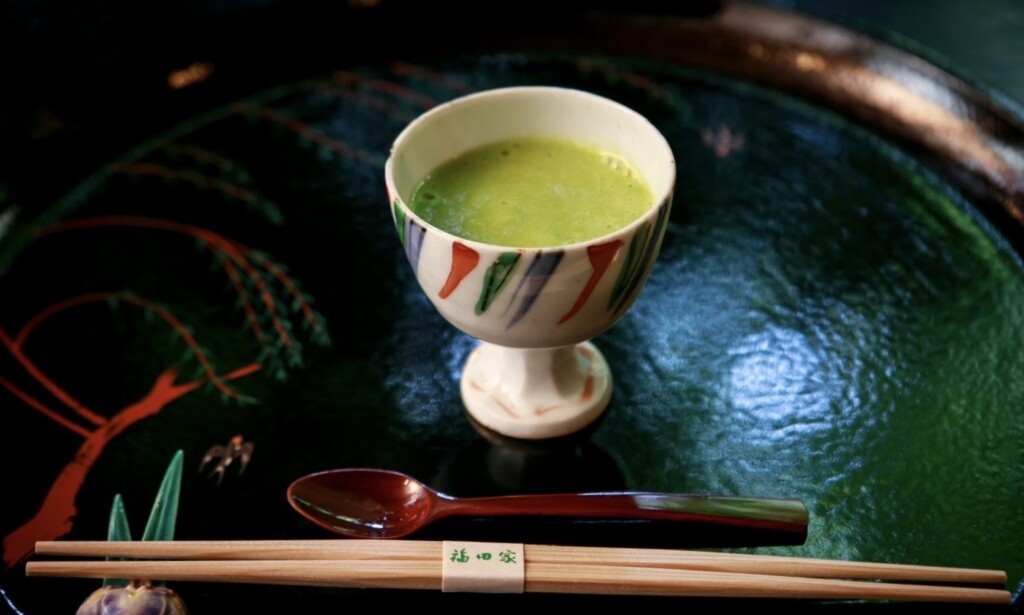
⑥ How do you curate your selection of alcoholic beverages?
We offer an extensive selection of sake, shochu, and wine that complements our cuisine.
We visit sake breweries in person to build meaningful relationships, which sometimes gives us access to rare or exclusive bottles.
Our service team also studies wine pairing carefully, so they can offer the best matches for each dish.
⑦ Can you tell us about your attention to interior design, tableware, and the overall dining atmosphere?
Our restaurant is set in a traditional Japanese house, and we believe the space itself is part of the dining experience.
A relaxed, spacious environment enhances the enjoyment of food—not because the flavor changes, but because the atmosphere brings out the best in it.
Each room is thoughtfully designed, and we change the hanging scrolls and seasonal decorations throughout the year so guests can enjoy the visual experience as well.
We aim to create a moment of delight from the moment you walk in.
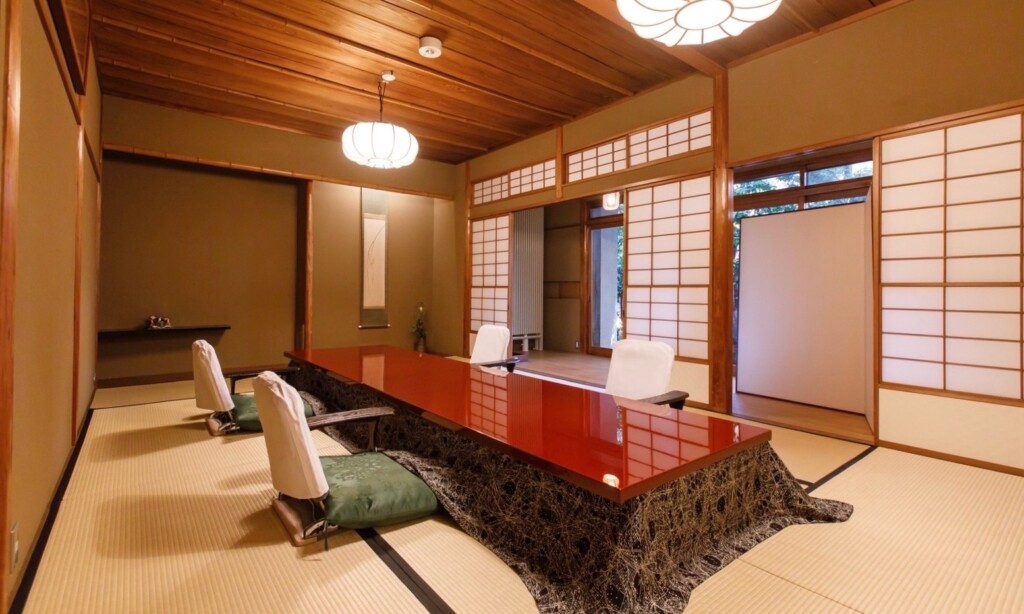
⑧What inspired you to become a chef?
It may sound surprising coming from a head chef, but I didn’t originally plan to pursue this career.
At 21, unsure of what I wanted to do, I started working at a Japanese restaurant.
After about three years, I was put in charge of preparing daily dishes, and one of my seniors praised my work. That moment made me realize how rewarding cooking could be—and that’s when I truly began to commit to it.
⑨ What kind of guests would you like to welcome?
Since you’ve come all the way to Japan, we hope to welcome guests who are curious about Japanese cuisine and culture.
When you’re interested, you naturally start to wonder, “What’s in this dish?” or “How was it made?”
That sense of curiosity makes the meal much more enjoyable.
We’d love to meet guests who are excited to explore both the flavors and the traditions of Japan.
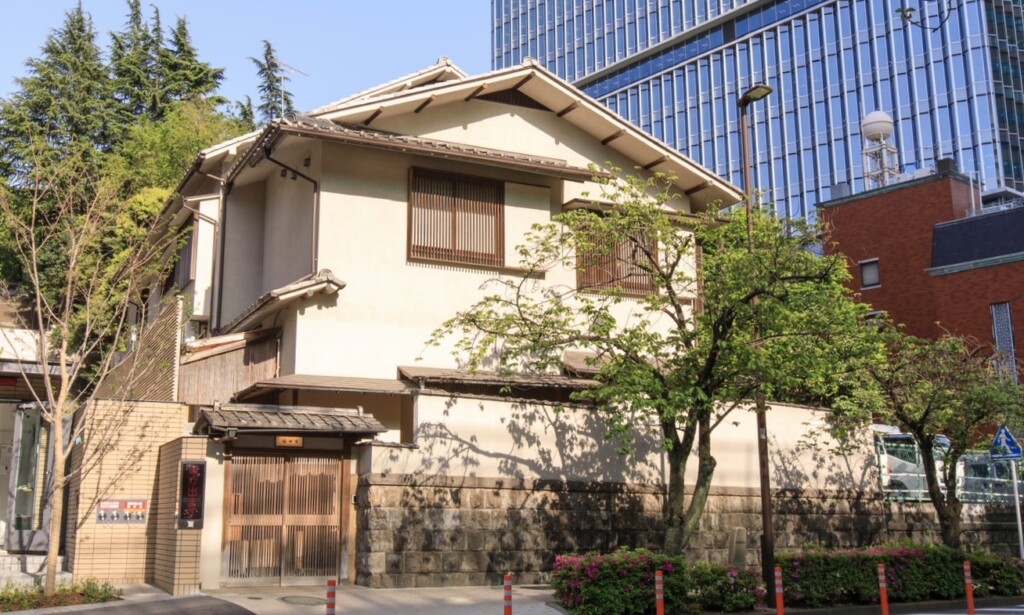
⑩ Are there any rules or things that are not allowed in your restaurant?
Our guest rooms feature tatami flooring, so we kindly ask all guests to wear socks.
We also ask that guests follow a smart dress code and avoid attire that’s overly casual.
⑪Do you have a message you'd like to share with your guests?
Japanese cuisine is deeply connected to the seasons.
If you take a moment to look into what’s in season before your visit, we think it will add an extra layer of enjoyment to your dining experience.
Infomation
福田屋 / Fukudaya
- 1-13 Kioicho, Chiyoda-ku, Tokyo 102-0094, Japan
- 03-3261-8577
- https://www.kioicho-fukudaya.jp


